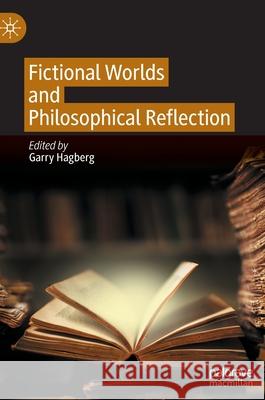Fictional Worlds and Philosophical Reflection » książka
topmenu
Fictional Worlds and Philosophical Reflection
ISBN-13: 9783030730604 / Angielski / Twarda / 2022 / 408 str.
Fictional Worlds and Philosophical Reflection
ISBN-13: 9783030730604 / Angielski / Twarda / 2022 / 408 str.
cena 603,81
(netto: 575,06 VAT: 5%)
Najniższa cena z 30 dni: 539,74
(netto: 575,06 VAT: 5%)
Najniższa cena z 30 dni: 539,74
Termin realizacji zamówienia:
ok. 16-18 dni roboczych.
ok. 16-18 dni roboczych.
Darmowa dostawa!
Kategorie BISAC:
Wydawca:
Palgrave MacMillan
Język:
Angielski
ISBN-13:
9783030730604
Rok wydania:
2022
Wydanie:
2022
Ilość stron:
408
Waga:
0.63 kg
Wymiary:
21.01 x 14.81 x 2.39
Oprawa:
Twarda
Wolumenów:
01
Dodatkowe informacje:
Wydanie ilustrowane











